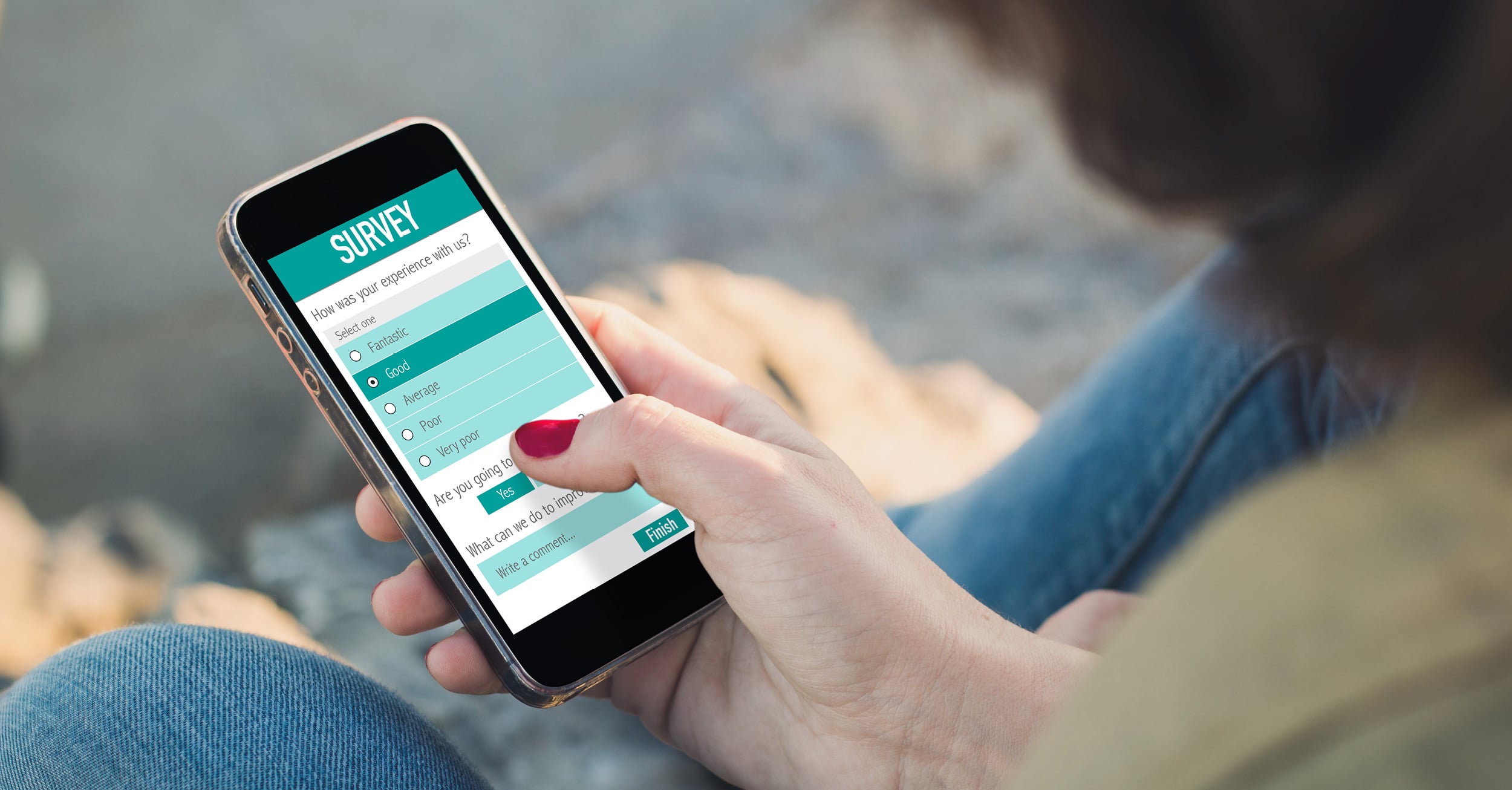Having a strong and compelling media pitch is one of the most important aspects of public relations. Without a solid – and substantiated – story angle, it’s near impossible to cut-through and achieve coverage.
With the COVID-19 pandemic further disrupting the constantly-evolving media landscape, public relations professionals are often working with shrinking newsrooms and quickening news cycles. So, they need to be more savvy and more strategic than ever. To land that news story, we need to be thinking ‘outside of the box’.
Providing fresh and unique research can often be the key to connecting the dots of a media pitch, delivering accuracy and building trust with media and the broader public.
While surveys and reports have long been used as part of media relations outreach, not all are created equal.
BBS recently spoke to YouGov Head of Research, Australia, Julie Harris, about how research can be best designed with media and news audiences in mind.
“Research-driven insights provide a way to tap into the broader population – as well as segmented markets – to uncover on-the-pulse opinions and experiences,” said Ms Harris.
“Often these insights – coupled with commentary from an expert in the field – can add depth, credibility and colour to a news story.
“Considering the needs of journalists and broader social narratives when designing your research is key to ensuring it hits the mark with the media.
“Case studies can also help to make the story real, as can key quotable quotes from research respondents.
“To be effective for PR, research needs to provide a news hook. There are different strategies that can be used including identifying a problem or pain point, providing an unexpected result or demonstrating community support.”
So, how can PR practitioners put some of these tips into practice?
Identifying a problem
Marketing 101 often dictates that businesses don’t sell products or services but rather the solutions those products and services provide.
Likewise, research has the power to demonstrate just how big a problem might be, providing scale and context to a significant knowledge gap or pressing issue facing your industry, customers or broader society.
Choosing the right questions and creating the most representative pool of research participants – in line with your target audiences – can help set the foundations for some truly rich insights.
Provide a result that would not be expected
Communications practitioners or the media at large can sometimes fall into the trap of repeating similar narratives or providing commentary or insights in line with the status quo.
Research – particularly that which pairs up topics with unexpected groups of respondents – can help to challenge some of these narratives or uncover quirky or even shocking results.
Research that takes a fresh angle, compares and contrasts views from different stakeholders or translates the full impact of an issue for the population in financial terms – can help to challenge some of these narratives or uncover quirky or even shocking results.
Creating these unique insights – as quickly as possible to address the current news agenda – can be a great way to ensure your story stands out.
Demonstrate community support
Research conducted to explore a broader community’s perspective on a policy, a project or a common issue can help readers and viewers relate and connect or create healthy debate.
Whether through broad polling – or more in-depth focus group analysis – this type of research can be an effective way to gain greater understanding of how a particular group feels and what might be influencing those feelings.
Providing some of these insights to media can help provide a more rounded and compelling story, above and beyond the corporate news or official commentary.
To learn more about how research, data and insightful commentary could help boost your media pitches, please reach out to BBS’ team of expert communicators and former journalists.
